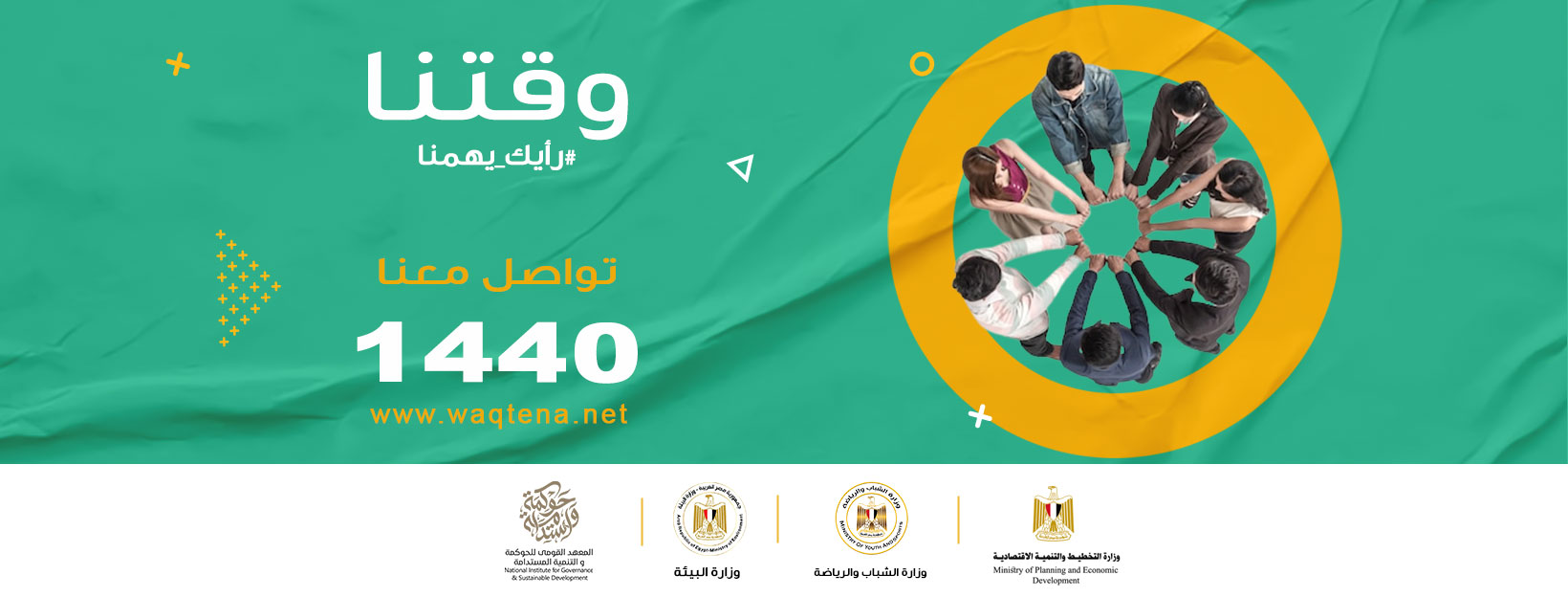Egypt’s Ministry of Planning launches a survey to measure youth awareness of climate issues

15 October 2022
Cairo - October 15, 2022
Egypt’s Ministry of Planning and Economic Development and the National Institute for Governance and Sustainable Development (NIGSD)( The training arm of the Ministry), in cooperation with the Ministries of Environment, Youth and Sports, launched recently a climate survey aimed at measuring youth awareness about climate issues by sending a text message to the toll-free number 1440.
Both entities have also launched as well as the “Our Time” page on Facebook to spread awareness among young people about climate issues, within the framework of the protocol signed between the Ministry of Planning and UNICEF.
H.E. Dr. Hala El-Said, Egypt’s Minister of Planning and Economic Development, explained that the purpose of the survey comes within the framework of the state's keenness on the participation of young people in decision-making and communicating their ideas and voices to decision-makers.
El-Said affirmed the ministry’s keenness to provide the necessary support to raise awareness among Egyptian youth on climate change issues, as well as directing the necessary technical support to the interactive communication platforms that the ministry contributes to developing and supporting within the framework of its commitment to provide support to the efforts of various government institutions.
It is worth noting that a website and page entitled "Our Time" were launched on social media platforms with the aim of following up on climate change issues to raise awareness among young people and their participation in these issues.









